Tourism Statistics of Azerbaijan: Trends & Forecasts 2025
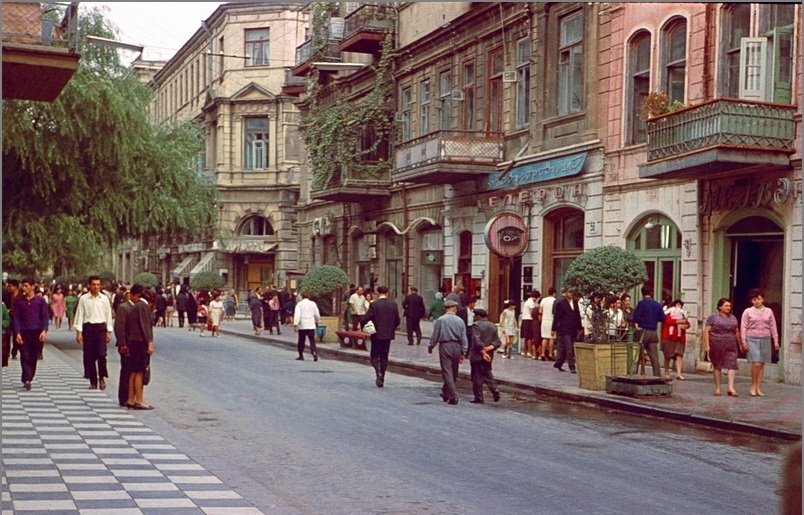
In Soviet times, Azerbaijan was already a known destination. The beaches of the Absheron Peninsula, the health resorts of Naftalan, and the mountainous retreats of Gabala and Sheki were popular among travelers from across the USSR. Baku, with its unique mix of Eastern spirit and European architecture, often hosted cultural and scientific visitors.
After independence in the early 1990s, the sector faced difficulties. Political and economic instability caused a sharp decline in tourist flows. However, starting from the 2000s, the industry began to recover. International events played a crucial role: Eurovision 2012, the European Games in 2015, and the Formula 1 Grand Prix since 2016 became milestones, not only bringing in hundreds of thousands of guests but also showing the world Azerbaijan’s ability to organize events at the highest level.
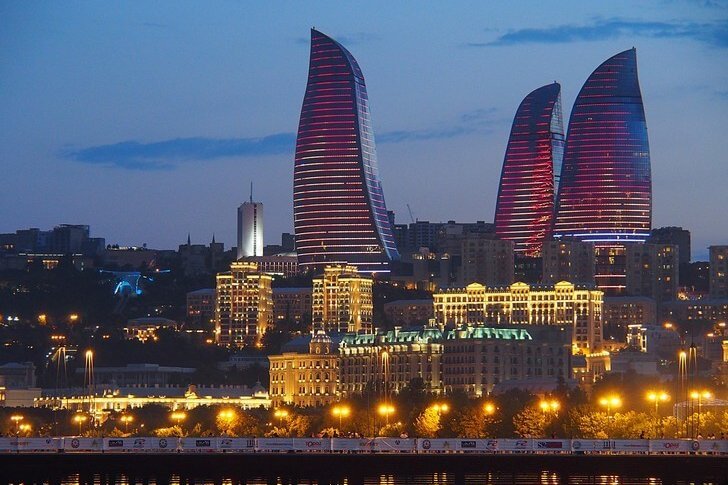
Modern Statistics
By 2019, just before the global pandemic, Azerbaijan welcomed nearly 3 million international tourists. The majority came from neighboring countries such as Russia, Georgia, Turkey, as well as from the Middle East and Europe.
Government initiatives played a significant role:
-
> Simplified visa procedures (including the ASAN Visa system, which allowed travelers to apply online within minutes).
-
> Expansion of the national airline network and low-cost carriers.
-
> Investment in hotel infrastructure, from luxury international chains to boutique hotels and guesthouses.
Tourism gradually became an essential contributor to the economy, accounting for up to 4% of the national GDP.
The Impact of the Pandemic
The global crisis of 2020 hit Azerbaijan’s tourism hard. Borders were closed, and the number of foreign visitors fell by almost 80%. Baku’s hotels and seaside resorts stood nearly empty. However, the pause also offered time for reflection and reorganization. Domestic tourism gained momentum, as citizens rediscovered places like Shahdag Mountain Resort, Naftalan health spas, and Gobustan National Park.
By 2022–2023, international flows began to recover, with growth rates exceeding 50% compared to the pandemic years.
Future Prospects
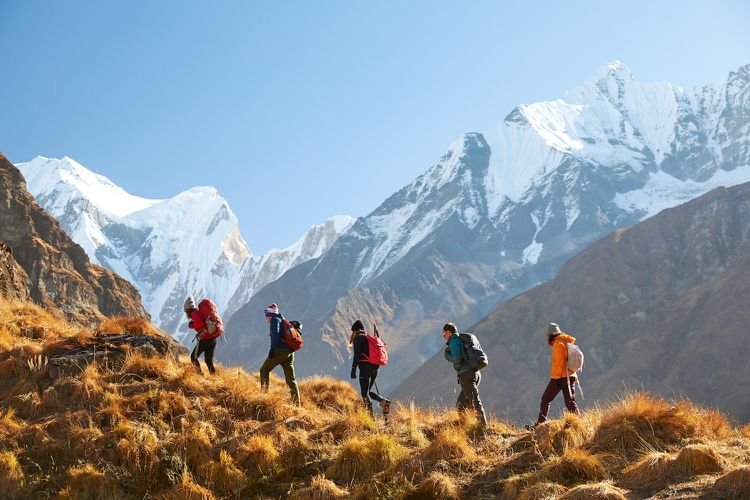
The Azerbaijani government has ambitious plans: the goal is to reach 5 million tourists annually by 2030. To achieve this, the strategy emphasizes diversification:
-
> Cultural and historical tourism — from
Baku’s Old City to UNESCO sites like Sheki Khan’s Palace.
> Beach tourism — developing Caspian coastlines with new resorts.
-
> Mountain tourism — ski resorts in Shahdag and Tufandag, as well as hiking routes.
-
> Gastronomic and wine tourism — highlighting local grape varieties such as Madrasa and Bayan Shirey.
-
> Wellness tourism — with Naftalan oil spas and mineral springs.
-
> Eco- and agrotourism — offering travelers experiences in rural regions.
Digitalization is also key: online booking systems, smart tourism applications, and AI-based services for travelers are being actively developed.
The statistics of Azerbaijani tourism reflect not only numbers but also a broader story of transformation and resilience. From Soviet-era resorts to international mega-events, from pandemic challenges to future ambitions, the industry has walked a long path. Today, Azerbaijan is positioning itself as one of the rising destinations in Eurasia — a place where history, nature, and hospitality combine to create a unique travel experience.
The future of Azerbaijani tourism looks promising: with a clear vision and growing international recognition, the country is ready to become a hub for millions of travelers seeking both adventure and authenticity.
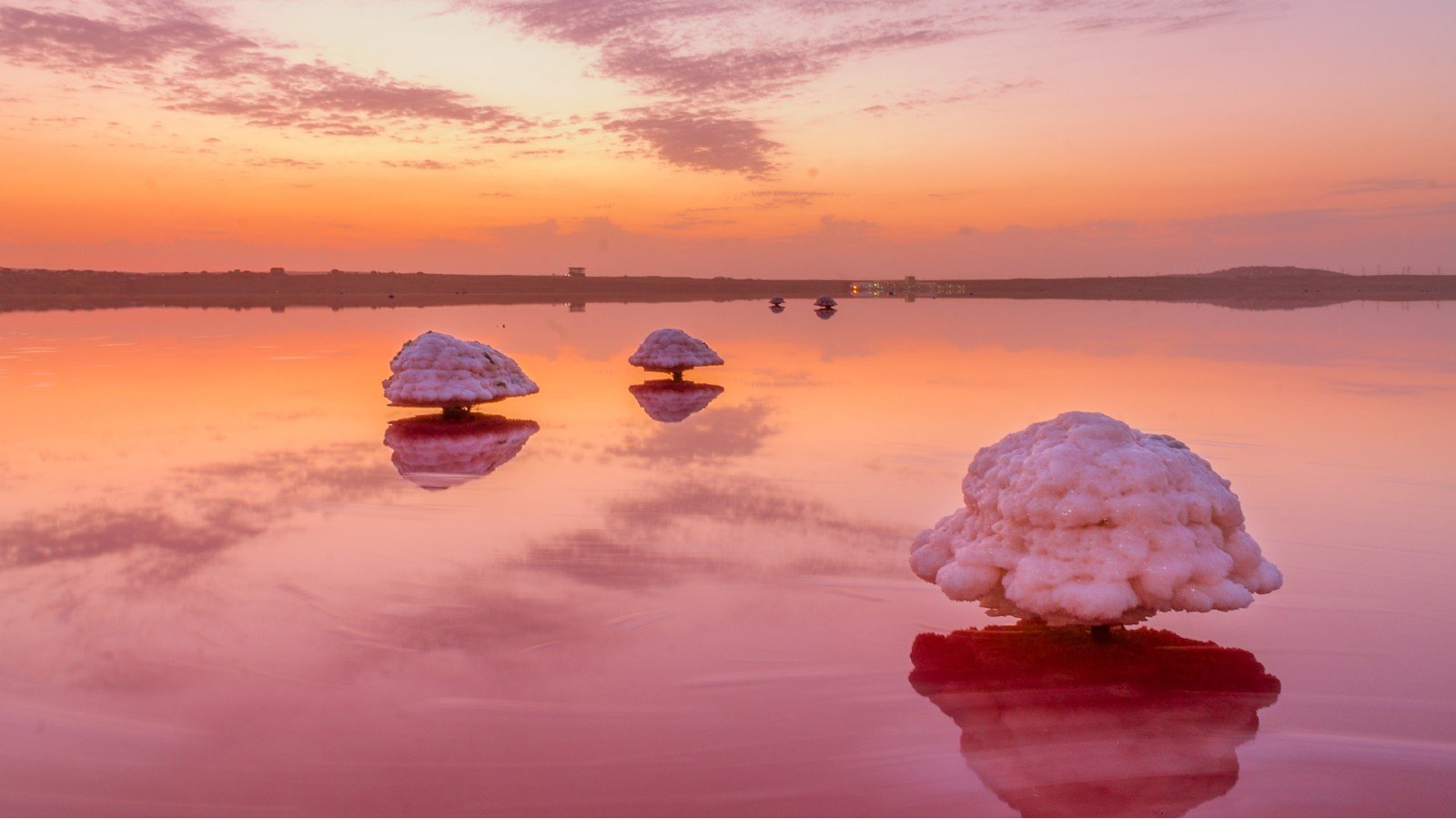
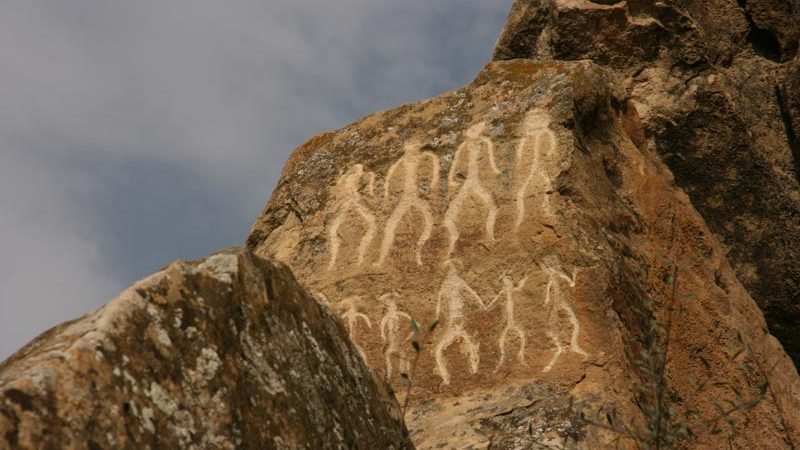
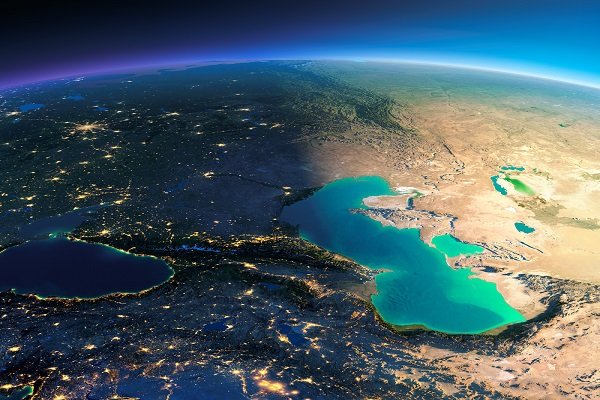
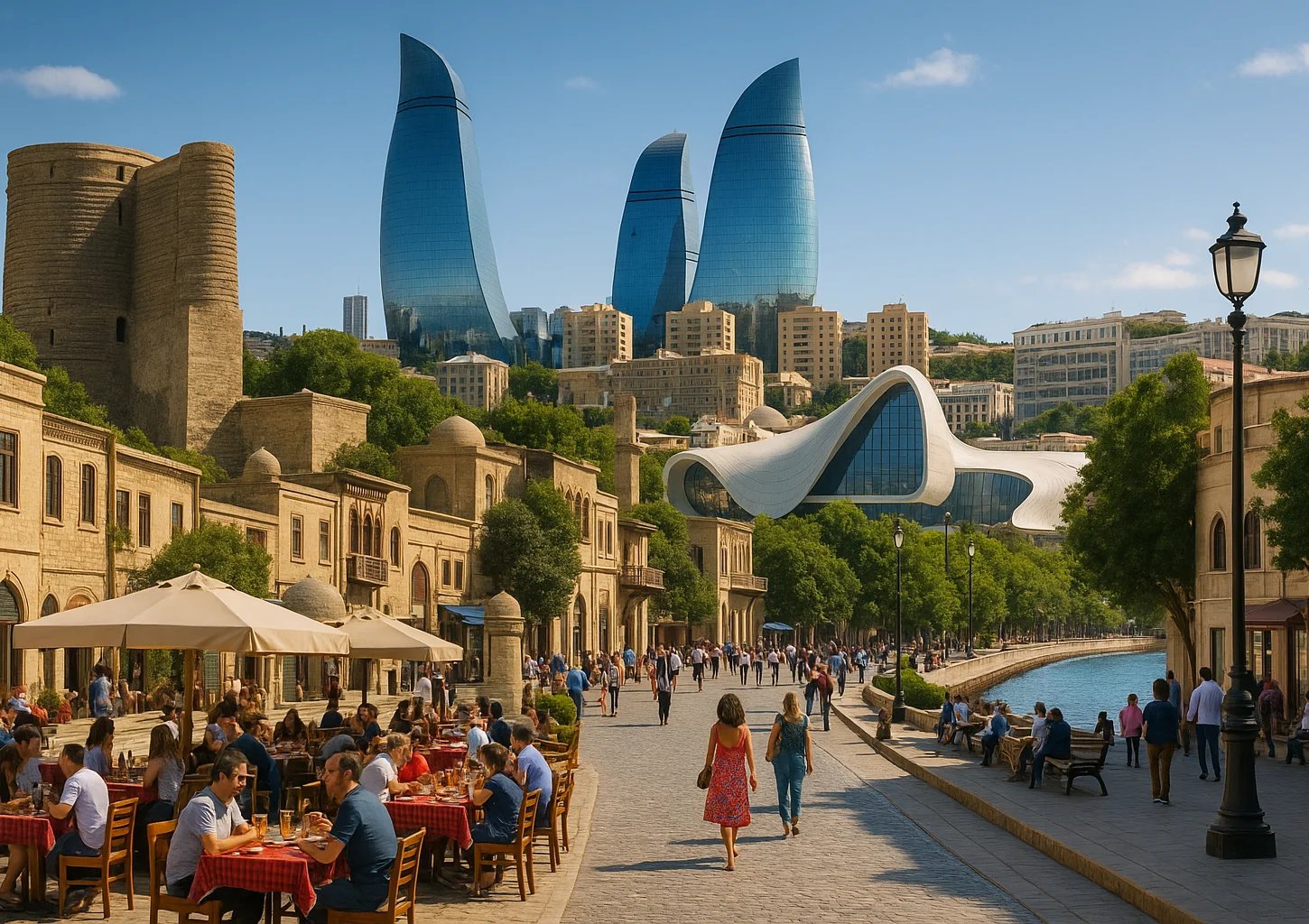


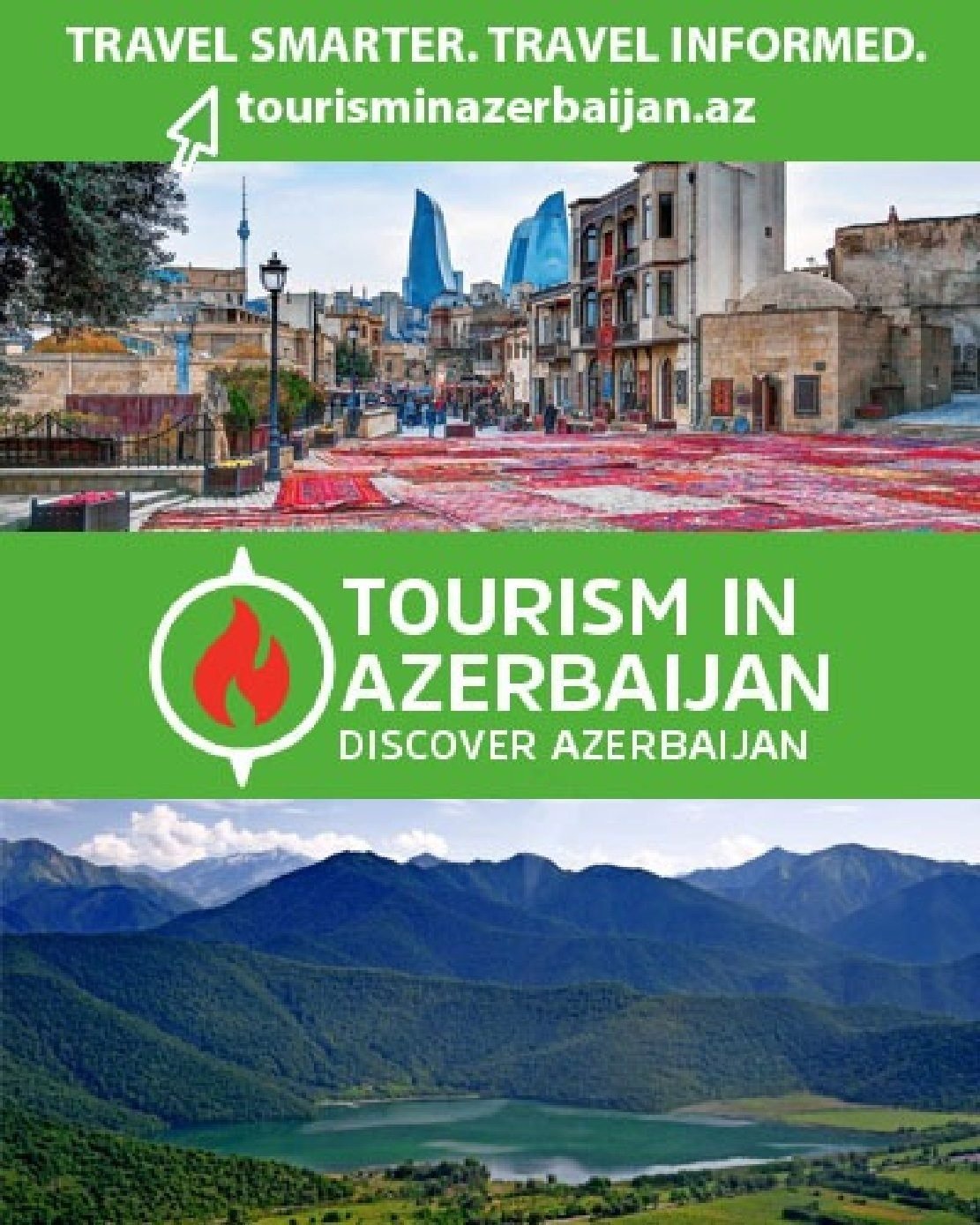


Comments
No comments yet.
Leave a Comment